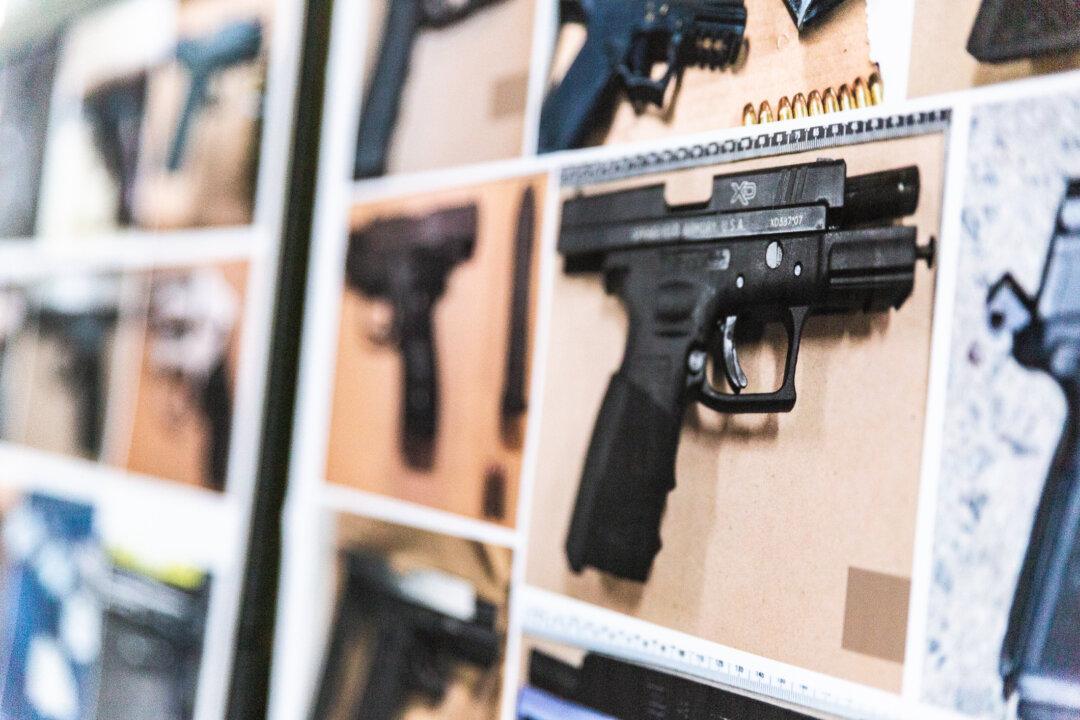An appeals court ruled on March 24 that states may restrict people from openly carrying firearms in public—upholding a Hawaii regulation that severely limits open carry permits.
The U.S. 9th Circuit Court of Appeals ruled 7–4 that restrictions on carrying guns in public except for hunting don’t violate the Second Amendment’s right to bear arms.





